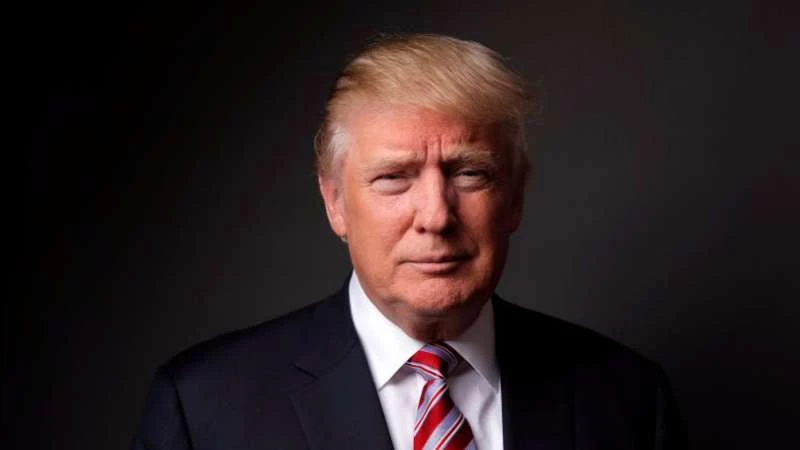But what if the President-elect can save Syria from the calamity caused by the Obama administration’s inattention without explicitly seeking to change the regime? One way is to pressure countries with foreign fighters in Syria to leave. Now that the City of Aleppo is in regime hands, Russia has an incentive to cease its support of Assad and be amenable to a peaceful transition of power in Syria without Assad as president.
The Islamic Republic of Iran is desperate to retain Assad as the linchpin of its regional strategy since the moment the popular uprising began in 2011. It is Tehran, and specifically Iran’s Revolutionary Guards (IRGC) Quds (Jerusalem) Special Force Commander Qassem Suleimani; it is he who convinces Russia to remain directly involved in the conflict. So, Tehran more than Moscow is the problem in Syria.
Iran’s desperation stems from its own lack of domestic legitimacy. The Iranian people’s opposition to the clerical regime makes it necessary for Tehran to extend its hand beyond its borders. The goal is to reinforce an image of indispensability.
The alternative would be to redirect IRGC assets toward the goal of eliminating the domestic opposition. But Tehran knows this policy is a nonstarter: It would result in even greater opposition to the regime. Witness the crackdown on demonstrators in Iran during 2009; it caused severe erosion of popular support for the unelected ayatollahs who rule Iran. Most of those executed were members of the leading opposition group, the People’s Mojahedin Organization of Iran (PMOI/MEK). Its presence on the ground in Iran is growing, as the tide turns against the regime.
Rewind the clock to 1988. At that time, the leadership of the Islamic Republic ordered the systematic massacre of Iranian political prisoners in Iran, in hopes of destroying the MEK. Some 30,000 people were hanged over the course of a single summer, and yet the MEK survived the ordeal, and now flourishes.
Today, the MEK is the fulcrum of an international network, as the leading constituent in the Paris-based National Council of Resistance of Iran (NCRI). Indeed, the MEK strongly supports the Syrian opposition, whose leaders regularly attend rallies of the NCRI in Paris and elsewhere.
Think of President Obama’s outreach to Tehran and turning his back on Israel with the vote on Dec. 3 at the United Nations; thus, there is good reason to believe Washington is withdrawing from the Middle East. That vacuum is being filled by the Islamic State and related Islamist terror organizations like Jabhat al Nusra, the al Qaeda affiliate in Syria. It is noteworthy that President-elect Trump has a plan to destroy such terrorists, rather than simply going after their leadership with drone strikes as Obama has been doing.
If Obama’s policies were to continue, it will be difficult for the Syrian opposition to survive Assad’s brutality. If Assad were deprived of foreign support, the opposition can recover and thrive. It earns legitimacy from patient suffering of its supporters. But its prospects would brighten if Iranian fighters were to be pressed by Russia and America to depart.
During congressional hearings, President-elect Trump’s nominees have an occasion to state it is a priority to end the efforts of Tehran to support Assad’s brutality. It is not necessary for Washington or its allies to become directly involved in ousting Assad from power; but it is necessary that the conclusion of the Syrian uprising be a fair one between the popular will of the Syrian people and whatever power the Assad regime can muster on its own, absent support of the militant mercenaries of Iran.
Iranian power expands across the region on the understanding that Tehran faces no serious consequences from Western powers fixated on preserving the Iran nuclear deal. President-elect Trump has no love for that deal and will adopt a much more assertive policy toward the Islamic Republic. There is a good chance that in so doing, Trump may bolster the democratic opposition to dictators not only in Syria but in Iran as well.
In short, Trump can save Syria by getting Iranian fighters out: Then America will truly demonstrate its greatness.
--------------------------------------------
Prof. Raymond Tanter is a former Member of the White House National Security Council staff and Personal Representative of the Secretary of Defense to arms control talks in the Reagan-Bush administration.



التعليقات (0)